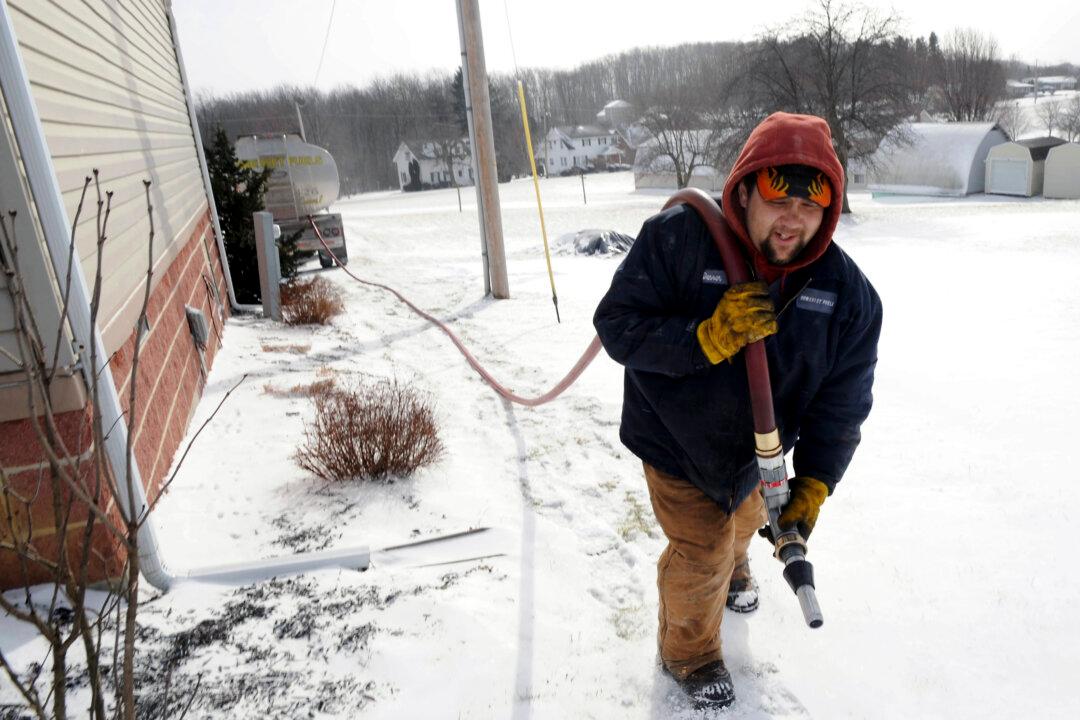A federal climate program aimed at encouraging homeowners to transition from oil furnaces to alternative heating solutions has seen minimal participation.
The program, which offers a $15,000 grant to support the switch to electric cold climate heat pumps, was designed to offer financial relief on heating bills and contribute to the reduction of greenhouse gas emissions. Despite these incentives, records reveal that nationwide adoption has been low, with only 80 homeowners completing the transition, as first covered by Blacklock’s Reporter.





